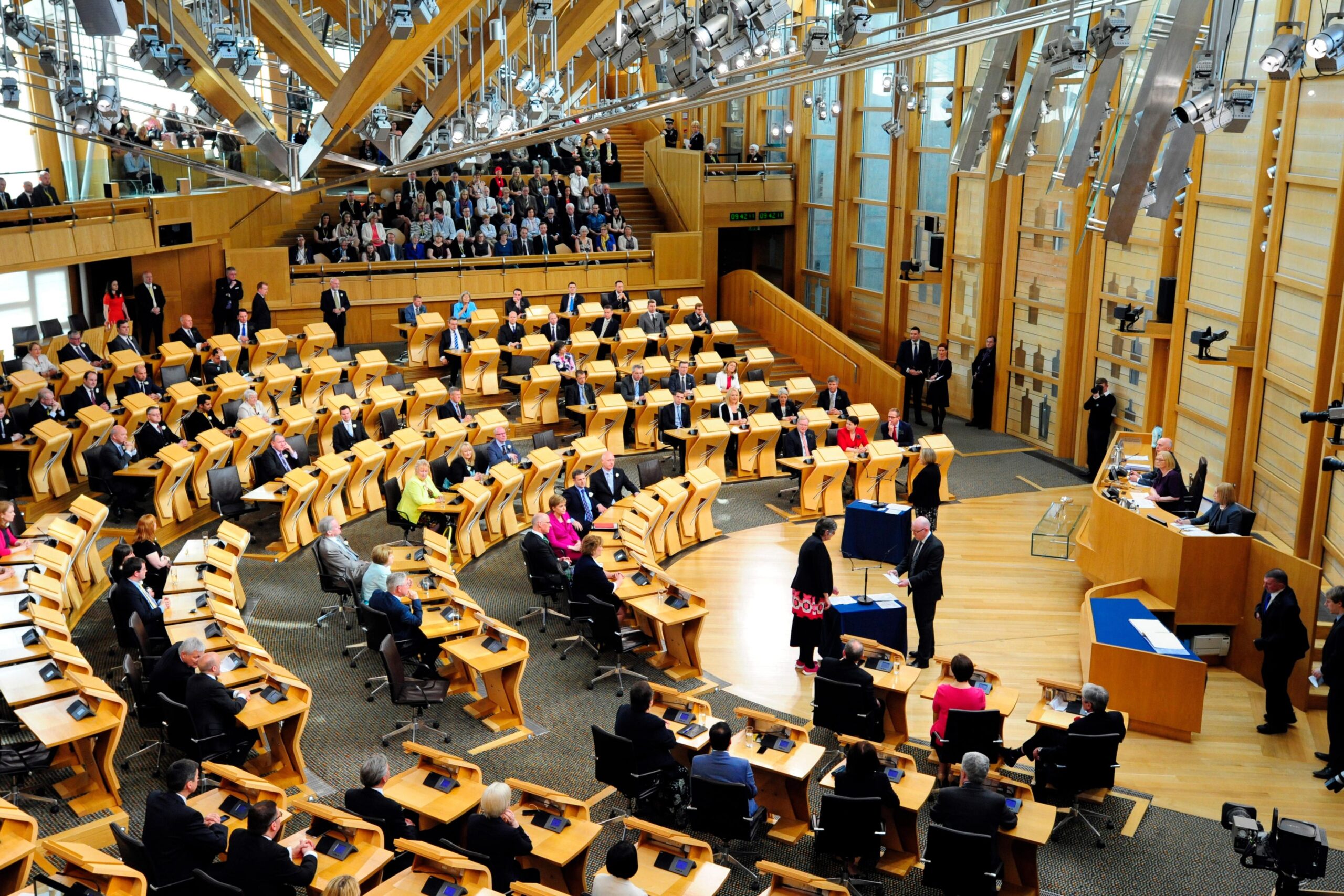
12 Jan 2023 | Publications, Uncategorized
This report demonstrates that the Scottish National Party’s (SNP) Gender Recognition Reform Bill, which aims to change the law regulating legal sex change for those born or resident in Scotland, will fundamentally alter the law relating to equal opportunities across...
26 Jan 2017 | Uncategorized
Article 50 (1) of the Treaty of the European Union states that “Any member state may decide to withdraw from the Union in accordance with its own constitutional requirements.” The Supreme Court in Miller was asked the narrow legal question of whether the government...
25 Jan 2017 | Uncategorized
“The fact that a statute says nothing about a particular topic can rarely, if ever, justify inferring a fundamental change in the law.” Those are the words of the majority of Supreme Court justices in today’s Miller judgment (at paragraph 108). Yet they have done...

25 Jan 2017 | Uncategorized
Although the headlines record that the government lost the Brexit judicial review in the Supreme Court, in fact it might be more accurate to see the result as a draw. While the government lost on the question of whether the prerogative could be used to trigger article...
25 Jan 2017 | Uncategorized
The judgment‘s conclusions on the Sewel convention are welcome. Enacting the convention for Scotland had been risky. Would the courts construe it with an irrebuttable presumption of an intention to produce something legally enforceable? It is good that the Supreme...
25 Jan 2017 | Uncategorized
The reasoning of the majority of the UK Supreme Court is undermined by Lord Reed’s rather beautiful explanation of the European Communities Act ([183]-[187], [197]). But at least the majority decision is not based on the mere fallacy in the argument for the claimants...
25 Jan 2017 | Uncategorized
The majority of the Supreme Court in Miller decided to uphold the High Court judgment. They did so relying mainly on their construction of the European Communities Act 1972. This was the right approach to take, but the majority executed it in ways incompatible with...
25 Jan 2017 | Uncategorized
In Miller, the Supreme Court touched on the difficult divide between ‘law’ and ‘politics’. Applicants may be politically motivated when bringing an action for judicial review. Decisions of the court will frequently have political consequences – here the need for...
25 Jan 2017 | Uncategorized
Like the decision of the High Court before it, the majority judgment begins by reciting a set of orthodox constitutional principles. ‘Parliamentary sovereignty is a fundamental principle of the UK constitution’, ([43]) which constrains courts and the executive. While...
25 Jan 2017 | Uncategorized
Perhaps the most challenging aspect of the Miller case was how to navigate the judicial role in a complex constitutional environment which is only partially regulated by law. While the dissenting judges were largely content to leave it to the political sphere to...
25 Jan 2017 | Uncategorized
‘[A]t some risk of over-simplifying,’ Lord Hughes said in his dissenting judgment in the Miller case, the main question for decision centred on two well-accepted constitutional rules. The first rule, he said, is that the executive government cannot change the law made...
4 Nov 2016 | Uncategorized
Talk of this judgment creating a “constitutional crisis” are overdone. But I do think Miller is wrongly decided, and problematic. What’s gone wrong is that a heady mixture of two fashionable interpretative doctrines brewed at home by British judges – the idea that...
4 Nov 2016 | Uncategorized
If ever there is a case for interested ‘third’ parties to appear, or at least intervene through written submissions, now is the time for Professor John Finnis, the Judicial Power Project and other constitutional experts to present their views. It will then be for the...
4 Nov 2016 | Uncategorized
I can understand the reaction that Miller is an example of ‘judicial activism’. The High Court did not adopt a narrow interpretation of earlier case law on the relationship between prerogative powers and legislation. Instead it interpreted earlier cases as...
4 Nov 2016 | Uncategorized
The decision of the Court, and the case itself, in Miller v Secretary of State, seems pointless and futile. It may be hailed as a great victory: but it is nothing of the sort. The Brexit process can, and will, continue uninterrupted. All that the Court has decided is...
4 Nov 2016 | Uncategorized
Some of today’s press coverage of the judgment in Miller, accusing judges of acting undemocratically, is deplorable. It is entirely right and proper that the Court should determine the legal extent of executive authority. That is an axiomatic judicial function in a...
4 Nov 2016 | Uncategorized
Irrespective of whether you agree with the judgment – and, for many of the reasons detailed by other contributors, I regard it as mistaken – there is something slightly quizzical about how the High Court answered the question before it. As Aileen McHarg noted, the...
4 Nov 2016 | Uncategorized
The decision in in R (Miller) v Secretary of State for Exiting the European Union rested on the Sovereignty of the Parliament at Westminster. But the referendum was an expression of the will of the People. It is not at all obvious how these competing claims can be...
4 Nov 2016 | Uncategorized
The notion that Parliament needs the courts’ help to manage its relationship with Government actually undermines Parliamentary Sovereignty and wrongly puts unaccountable judges in overall control of the whole constitutional system. Most dispiriting is the extent to...
4 Nov 2016 | Uncategorized
Miller reorientates our attention: away from the relationship between judicial and legislative power towards the relationship between the legislature and the executive. It reminds us of the importance of events preceding 1688, and the fact that many constitutional...
4 Nov 2016 | Uncategorized
The judgment’s basic thesis: the ECA’s requirement that no new EU treaty-based obligations and rights be introduced into UK law without “Parliamentary control” implies a “converse intent that the Crown should not be able, by exercise of its prerogative powers, to make...
4 Nov 2016 | Uncategorized
The High Court made a bad mistake of law in its judgment yesterday. But it was a mistake not a conspiracy and one into which the Court was led by counsel. The Supreme Court should put it right. The mistake was to take Parliament in enacting the European Communities...
28 Jul 2016 | Uncategorized
COMMENTS FROM PROFESSOR RICHARD EKINS Professor Richard Ekins participated in Policy Exchange’s panel on Brexit and Judicial Power. Read his paper here. COMMENTS FROM DR GUNNAR BECK Dr Gunnar Beck participated in Policy Exchange’s panel on Brexit and...



